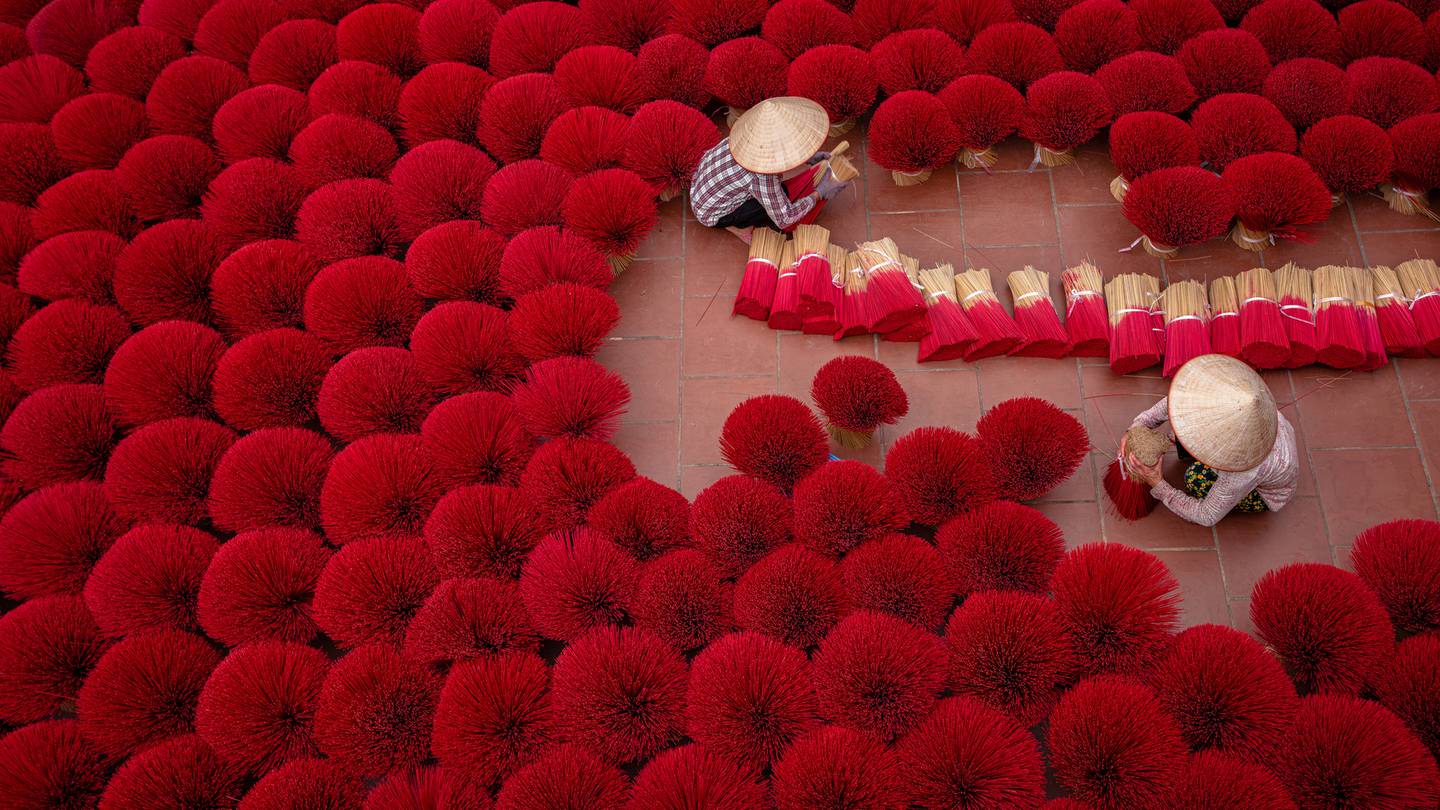What should an aeroplane smell like?
Freshly published research suggests that the tourism industry doesn’t think enough about how it smells. The paper from the University of Bath in the UK has suggested that certain scents could influence customer behaviour and improve travellers’ airline flight experiences.
Among the findings: spritz of peppermint could help air cabins feel more spacious and hotel lobbies could benefit from citrus fruits.
“Tourists are more prone to sensory influences when in a new setting,” said Dr Adriana Madzharov, author of the research.
“We know that scents elicit more complex responses than simply like or dislike.”
The paper titled ‘Scents and sensibility – how the tourism industry could benefit from more targeted use of scents’ is meant to provide a guide to help influence the experience of travellers.
Many hotels have ‘patented smells’ and have worked on scent branding for use throughout their properties, however there not been much research into how different scents might affect consumer behaviour, says Madzharov.
“Scent marketing is a thriving, multibillion-dollar industry and its tools are especially popular in tourism,” she says. “The question for tourism practitioners is no longer whether to use pleasant scents, but which particular scents to use and when.”
The association of certain smells with pleasant memories or certain activities is already shown to influence perceptions of spaces. Citrussy fruits have an association with cleanliness, for example.
Certain cooling and warming smells can help change behaviour and appetites.
Spices and “warm scents lead to a perception of a busier, smaller space,” she says. Whereas cooling, minty smells can make a space feel more open.
One of the strangest finds was that rich, indulgent scents can reduce visitors’ appetites.
Where to next?
“It seems slightly counter-intuitive, but studies show that if people are exposed to indulgent-food scents for some time, such as the smell of chocolate cookies, they are less likely to choose unhealthy food options.”
Giving plane passengers olfactory ‘nudges’ could help change their perception of their cabin but also help them feel more satisfied with plane meals.
“Airlines might also investigate whether a warm ambient scent pumped prior to food service on the airplane would encourage the choice of healthier food options and increase non-alcoholic beverage consumption,” she said.
Coffee-like smells were shown to make visitors more energetic and retain information better, even without any caffeine can to help. There could be implications for museums and other attractions, suggested Madzharov.
Source: Scientists reveal why planes should smell of mint, museums of coffee













